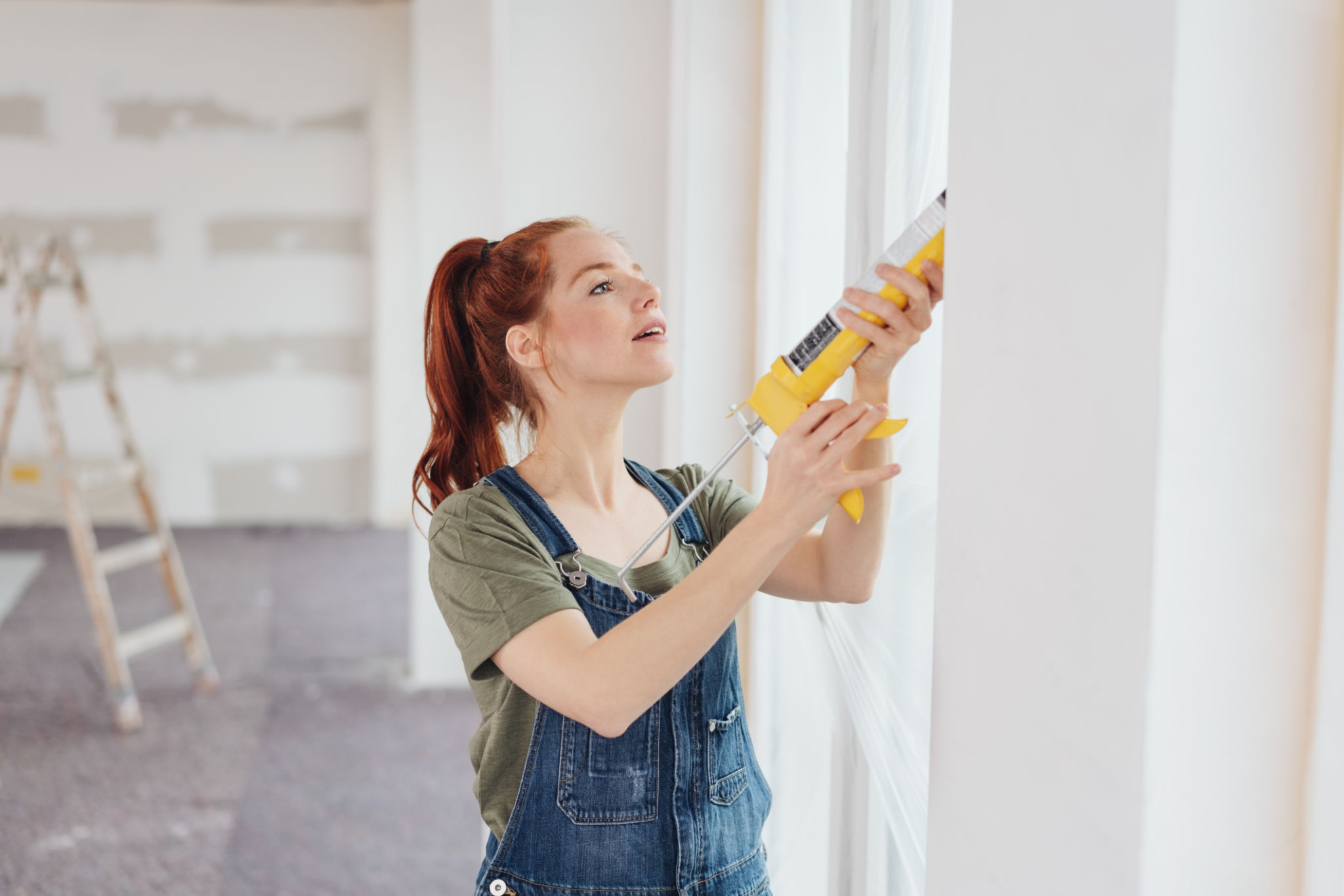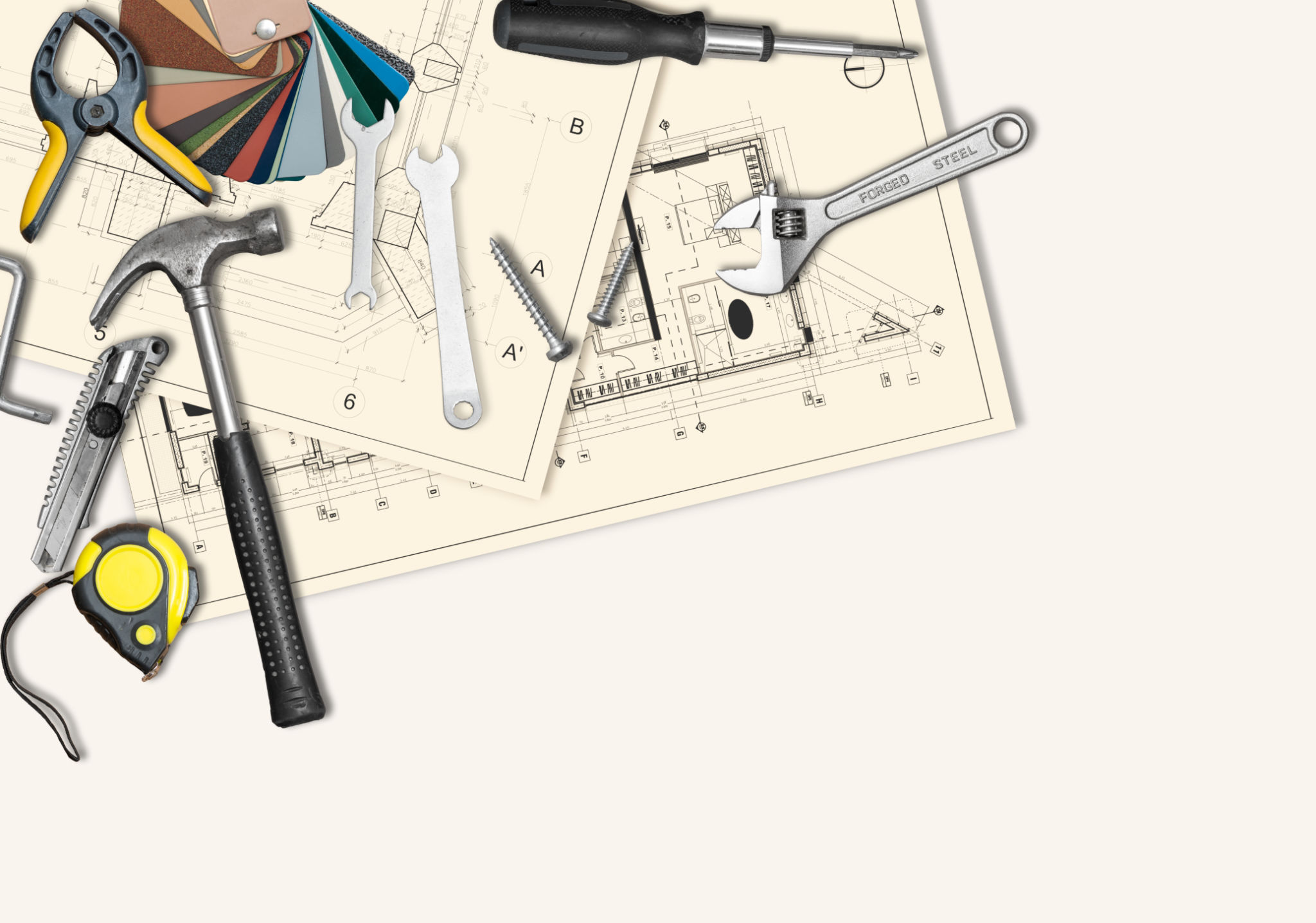DIY Renovation Tips: When to Call a Professional
Understanding Your Limits
DIY renovations can be a rewarding way to transform your home while saving money. However, it's important to recognize when a project might be too complex or risky to tackle on your own. Understanding your limits is crucial to ensuring the safety and success of your renovation efforts.

Before picking up a hammer, consider the scope of your project. Simple tasks like painting, installing shelves, or replacing cabinet hardware are generally safe for most DIY enthusiasts. However, projects involving electrical work, plumbing, or structural changes may require professional expertise.
Electrical Work
One of the most critical areas where you should consider calling a professional is electrical work. Incorrectly installed wiring can lead to fires, electrical shocks, or serious injuries. If your renovation involves adding new circuits, outlets, or light fixtures, it might be best to hire a licensed electrician.
Professionals not only ensure that the work is done safely but also that it meets local building codes. This compliance is essential for passing inspections and maintaining the resale value of your home.

Plumbing Projects
While fixing a leaky faucet or unclogging a drain might be within your skill set, more extensive plumbing projects often require professional intervention. Mistakes in plumbing can lead to serious water damage, mold growth, and costly repairs.
If your renovation involves moving pipes, installing new plumbing fixtures, or dealing with sewer lines, it's wise to consult with a licensed plumber. This ensures the job is done correctly and helps avoid potential headaches down the road.
Structural Changes
Any renovation that involves altering the structure of your home should be approached with caution. Removing load-bearing walls, adding new rooms, or making changes to the foundation are complex tasks that typically require the expertise of a structural engineer or experienced contractor.

These professionals have the knowledge to assess the impact of changes on your home's stability and can help you design safe solutions that meet building regulations. Attempting these projects on your own could compromise your home's structural integrity.
When DIY Makes Sense
For those passionate about DIY and equipped with the right skills, there are still plenty of projects you can confidently undertake. Painting rooms, updating light fixtures, and laying laminate flooring are common tasks that many homeowners successfully complete on their own.
Before starting any DIY project, do thorough research and consider taking workshops or online tutorials to hone your skills. Additionally, investing in quality tools can make a significant difference in the outcome of your project.

Balancing Cost and Quality
A major consideration in DIY versus professional help is the balance between cost and quality. While DIY projects can save money upfront, hiring a professional often ensures higher-quality results that last longer and increase your home's value.
If budget constraints are a concern, consider hiring professionals for the most critical aspects of a project while handling simpler tasks yourself. This approach allows you to benefit from expert workmanship where it matters most while still enjoying hands-on involvement in your renovation.